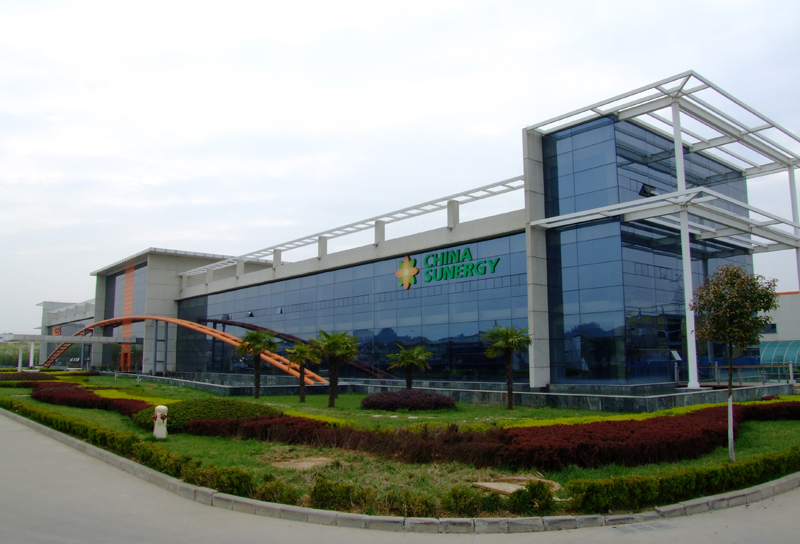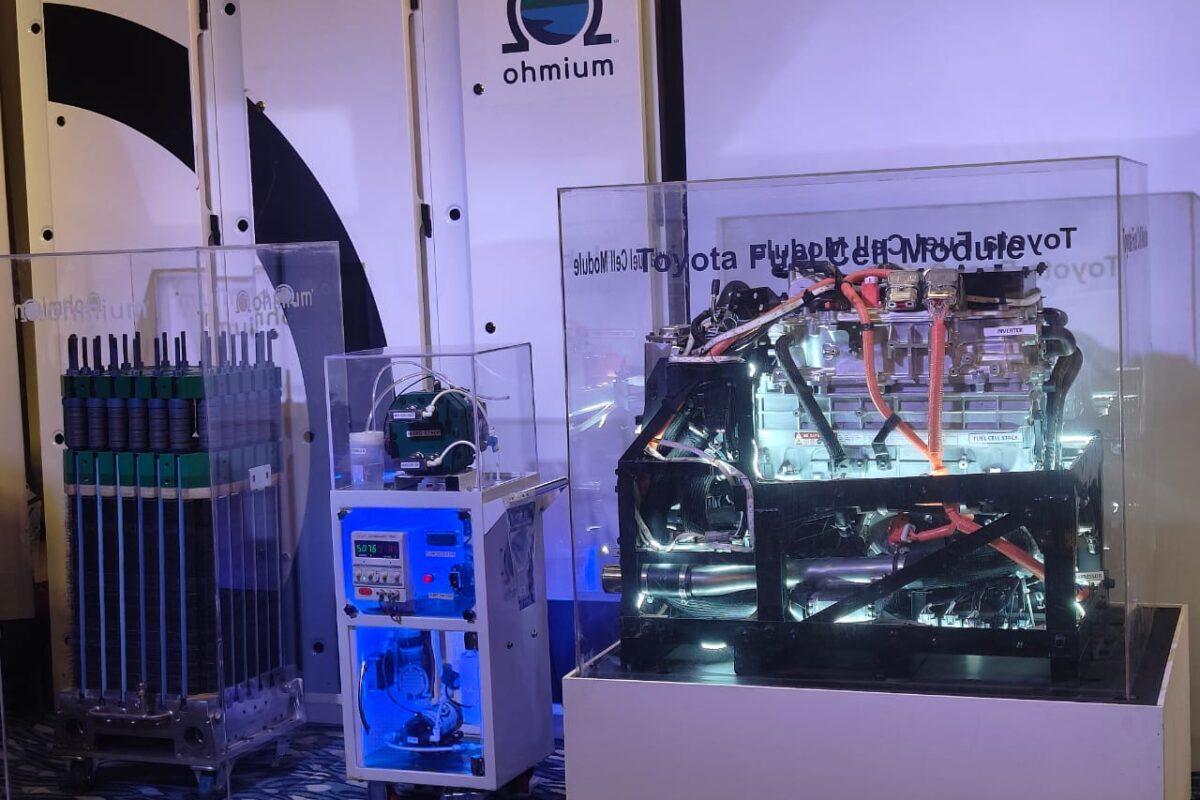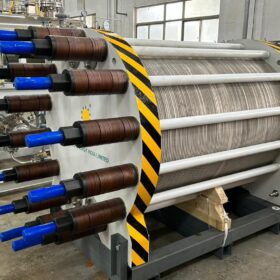China’s PV module supplier CSUN has refuted ‘module supply’ contract breach claims made by Indian solar developers.
“This case is an economic dispute arising from complicated domestic and foreign situations such as India’s 25% security tax and China’s ‘May 31’ Policy. It is not our company’s unilateral breach of contracts. Any economic disputes arising from commercial activities shall be handled by the court and relevant judicial institutions,” said CSUN a week after India’s Ministry of New and Renewable Energy (MNRE) issued advisory against procuring solar modules from the supplier.
Notably, following complaints about CSUN defaulting on module supply orders, MNRE advised all concerned stakeholders to contact Indian Embassy in China and/or the Consulate General of India, Shanghai, to verify standing and reputation of various Chinese companies before placing any orders.
Terming the reports as one-side tilted, CSUN rejected any wrongdoing on its part.
For instance, “On February 6, 2018, the SST (CSUN subsidiary) and Refex Energy signed the sales contract of 40 MW modules. In the contract, it is regulated that Refex Energy shall pay 10% advance payment within 6 working days after signing the contract, but Refex Energy only paid 5% advance payment to the SST on February 22, 2018. The payment date exceeds the agreed date and the amount is halved from the agreed 10%, so Refex Energy breached the contract first,” CSUN claimed.
“Secondly, while SST had made big investment in material preparation and also had prepared production capacity for Refex Energy before, we surprisingly and unexpectedly received a call from Refex Energy, claiming that its customers delayed payment, so the remaining 5% advance payment could only be defaulted, and requested SST to delay delivery of products. [As a result] SST lost other business opportunities which would have benefited SST in order to honor this contract,” it stated.
“Again, shortly after the contract was signed, Indian policy changed to levy a 25% safeguard tax on solar panels and modules imported mainly from China and Malaysia,” said the supplier adding that “other cases are mainly in a similar situation.”
This content is protected by copyright and may not be reused. If you want to cooperate with us and would like to reuse some of our content, please contact: editors@pv-magazine.com.









By submitting this form you agree to pv magazine using your data for the purposes of publishing your comment.
Your personal data will only be disclosed or otherwise transmitted to third parties for the purposes of spam filtering or if this is necessary for technical maintenance of the website. Any other transfer to third parties will not take place unless this is justified on the basis of applicable data protection regulations or if pv magazine is legally obliged to do so.
You may revoke this consent at any time with effect for the future, in which case your personal data will be deleted immediately. Otherwise, your data will be deleted if pv magazine has processed your request or the purpose of data storage is fulfilled.
Further information on data privacy can be found in our Data Protection Policy.